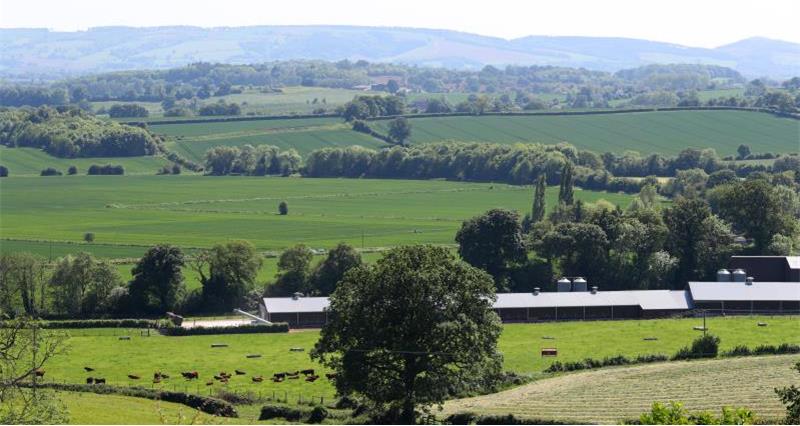Highlights of the paper include:
- “We will put the UK at the forefront of the global move to high-efficiency agriculture.”
- “We will grow the markets for innovative farming technologies and techniques such as the use of drones.”
- “Food and Drink Sector Council - a new partnership between government and the whole food chain, working with industry leaders from agriculture, food and drink manufacturing, retail, hospitality and logistics.”
- “The world will need 60 per cent more food by 2050 to allow us to feed 9 billion people, while demand for water is expected to rise by 20 per cent in the agriculture sector alone. For this to be possible, the way we produce our food needs to be significantly more efficient and sustainable.”
- Agriculture is also highlighted as one of six target business sectors for a new government Office for Artificial Intelligence.

The ambitions for the sector set out in the strategy pave the way for other government departments to build on. It reflects on the work the NFU has been driving forward, along with other organisations, to demonstrate where and how productivity gains can be made.
NFU President Meurig Raymond said: “The Industrial Strategy shows some positive prospects for British food and farming – a sector worth £112 billion to the UK economy, employing 3.8 million people.
“The NFU has been raising the profile of the agri-food sector ever since the Department for Business Energy and Industrial Strategy began consulting on driving economic growth and productivity earlier this year."
“We are delighted to read of the government’s desire to ‘put the UK at the forefront of the global move to high-efficiency agriculture’ as well as the likely prospect of a new Challenge Fund programme of research funding on ‘Transforming food production, from farm to fork’. The NFU’s work on setting out innovation needs for farming is a key ingredient.
Mr Raymond continued: “We welcome the government commitment to a new partnership with the whole food chain. It will be critically important that the interests of our agriculture and horticulture members are represented on the proposed Food and Drink Sector Council, which will build upon the emerging proposals for an overarching Food and Farming Sector Deal.
“British farming forms the bedrock to the UK’s largest manufacturing industry – food and drink – and it meets 61% of the nation’s food needs."
"The NFU has set out a bold and ambitious vision for how British farming can build on its productivity, profitability and progressiveness. By and large, this White Paper shows the promising signs needed for a bright and sustainable future for British farming.”
